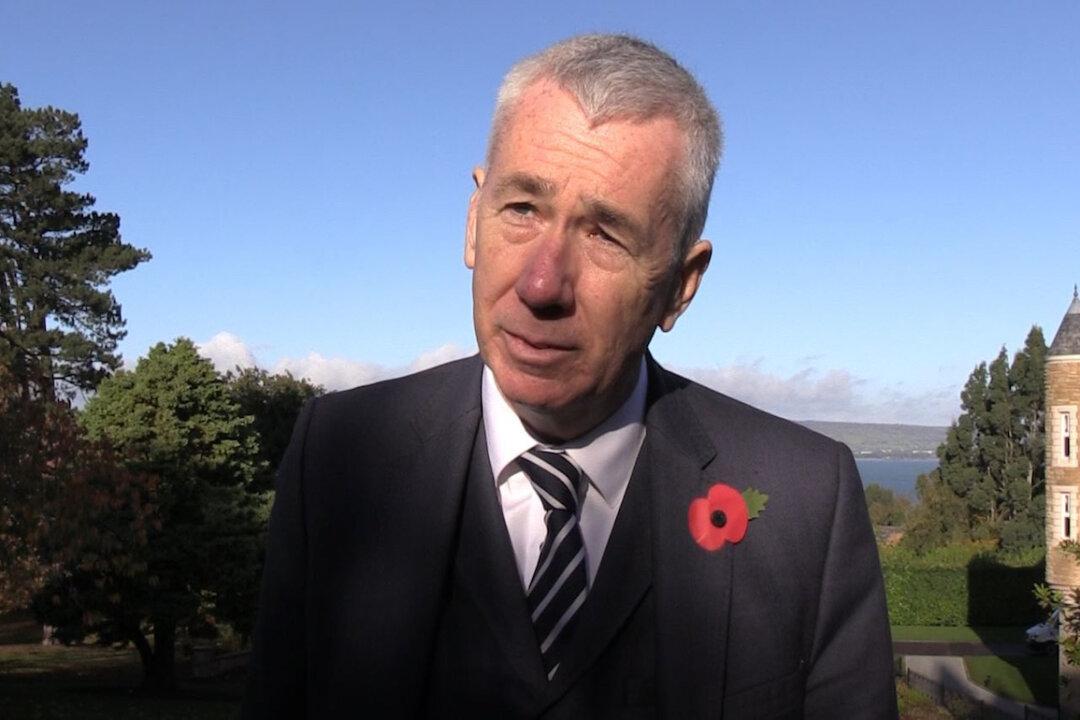A former MI5 agent has questioned why British authorities kept the death of a high-profile IRA informer secret for more than a week.
Martin McGartland, who infiltrated the Provisional IRA during the Troubles, said police investigating Freddie Scappaticci had a duty to inform the public of his death “immediately.”





